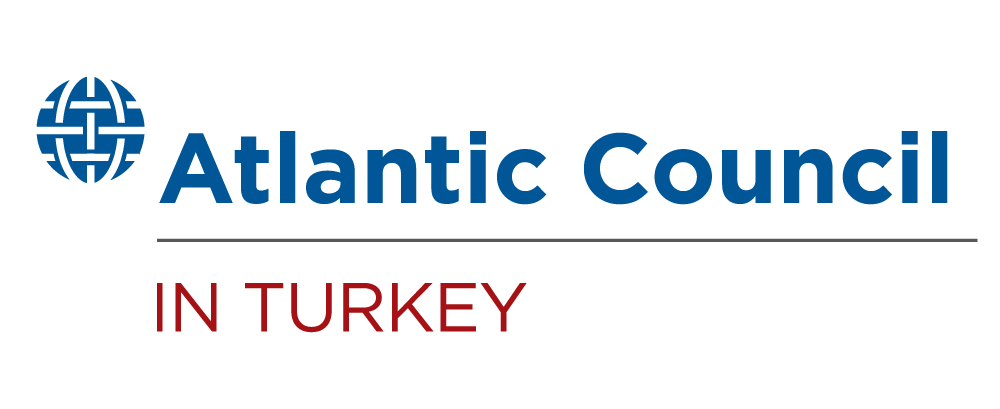Concept
On Wednesday, May 17 the Atlantic Council IN TURKEY hosted an event to break down Turkey’s recent election results and analyze what they mean for the future of Turkey in terms of politics, society, economics, and the orientation of Turkish foreign policy.
On May 14, Turkey went to the polls for presidential and parliamentary elections to decide the country’s future. President Recep Tayyip Erdoğan and his Justice and Development Party (AKP), under the People’s Alliance, faced a broad and diverse of six parties united behind presidential candidate Kemal Kılıçdaroğlu of the Republican Peoples’ Party (CHP).
Behind a remarkable turnout of 87 percent, the Turkish electorate delivered a majority for the People’s Alliance in parliament, though with slight declines from the last election. In the presidential election, Erdoğan saw modest declines from his 2018 vote, enough to prevent a first-round victory but not enough to match the hopes and expectations of the opposition. Erdoğan and Kılıçdaroğlu will head to a run-off on May 28, the first in the history of Turkey, with Erdoğan holding a significant lead of about 4.5 percent in the first round.
Panelists
Aslı Aydıntaşbaş
Visiting Fellow, Foreign Policy, Center on the United States and Europe, The Turkey Project
Brookings Institution
Soner Çağaptay
Beyer Family Fellow and Director, Turkish Research Program
The Washington Institute for Near East Policy
Amb. Alper Coşkun
Senior Fellow, Europe Program
Carnegie Endowment for International Peace
Moderator
Defne Sadıklar Arslan
Senior Director, Atlantic Council IN TURKEY & Turkey Programs
Atlantic Council
The Atlantic Council in Turkey aims to promote dialogue and strengthen transatlantic engagement with the region through research, programming and high-level discussion forums to address critical issues around energy, economics, migration, and security.

Follow the conversation on Twitter with @AC_Istanbul and @AtlanticCouncil using #ACTurkey